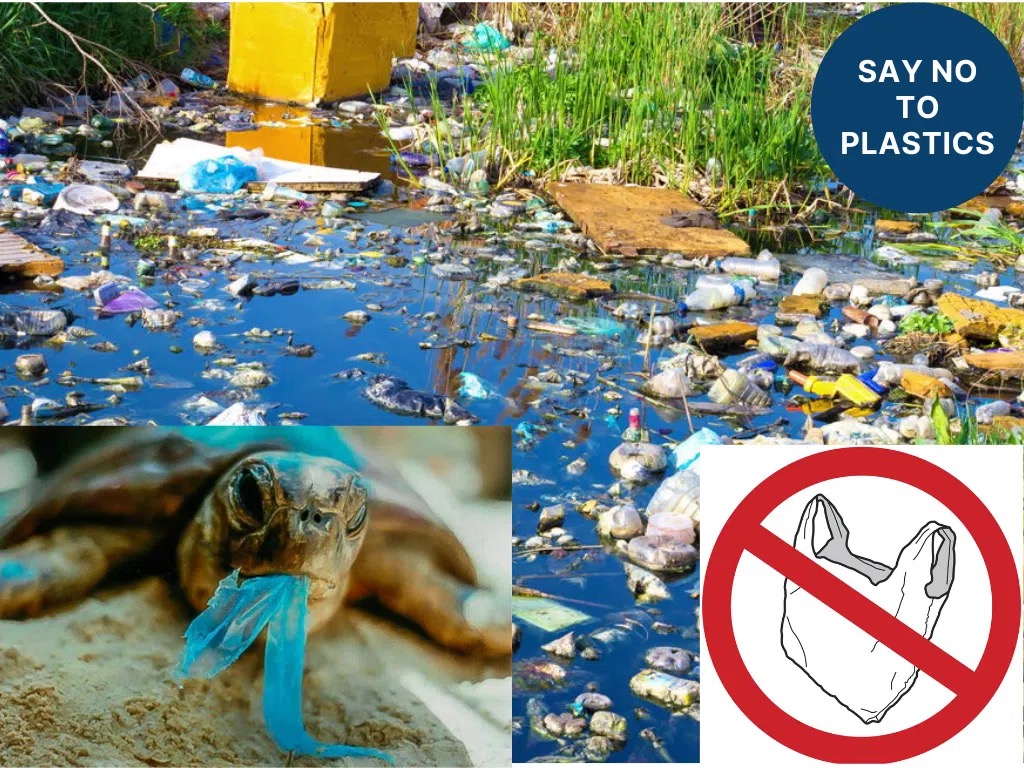Plastic bags are everywhere—from supermarkets to takeout shops, from packaging to daily life. While they offer convenience and low cost, the environmental and health consequences of plastic bags are far-reaching and long-lasting. As more individuals and businesses seek eco-friendly alternatives, it’s essential to understand the true disadvantages of plastic bags.
In this article, we explore the hidden costs of plastic bags and why transitioning to sustainable packaging like biodegradable or compostable bags is no longer optional—it’s necessary.
1. Environmental Pollution
a. Non-Biodegradable Waste
Plastic bags are made from petroleum-based polymers such as polyethylene (PE), which do not decompose easily. A typical plastic bag can take 200 to 1,000 years to degrade, meaning every bag ever made still exists today in some form.
b. Land and Marine Pollution
Millions of plastic bags end up in landfills, where they occupy valuable space and release microplastics as they slowly break down. Worse, many bags escape into nature. In oceans, rivers, and lakes, plastic bags are mistaken for food by marine animals, leading to injury, starvation, or death.
2. Harm to Wildlife and Ecosystems
Plastic bags pose a serious threat to animals on land and sea. Sea turtles often mistake floating plastic for jellyfish, while birds and fish become entangled in discarded bags. Ingesting plastic can block digestive tracts, cause internal bleeding, or introduce toxic chemicals into the food chain.
The long-term impact disrupts ecosystems, affecting biodiversity and food security for humans as well.
3. Microplastic Contamination
As plastic bags degrade over time, they break into smaller fragments known as microplastics. These tiny particles are now found in soil, air, rivers, oceans—and even in human blood and organs.
Research has linked microplastics to:
- Hormonal imbalances
- Inflammation and cellular damage
- Potential long-term health risks (still under study)
4. Energy-Intensive Production
Producing plastic bags requires significant energy, water, and non-renewable fossil fuels. For example:
- The global plastic industry accounts for about 6% of oil consumption
- Producing one ton of plastic emits 1.7–2.5 tons of CO₂
In contrast, biodegradable bags made from renewable resources like corn starch, PLA, or PBAT offer a lower carbon footprint.
5. Difficult and Costly Recycling
While technically recyclable, most plastic bags are not accepted by curbside recycling programs due to contamination and the cost of processing. Bags clog machinery in recycling plants, causing delays and equipment damage.
As a result, less than 10% of plastic bags are ever recycled—meaning the rest are burned, buried, or left to pollute the environment.
6. Short Life, Long Impact
Plastic bags are often used for a few minutes—carrying groceries, wrapping items, or packaging food. Yet their environmental impact lasts for centuries. This mismatch between short use and long harm is one of the strongest arguments against their continued use.
7. Legal and Social Backlash
Governments worldwide are introducing bans or taxes on plastic bags. From European nations to cities in the US, China, and Africa, legislation is tightening:
- In 2002, Bangladesh became the first country to ban plastic bags
- The EU aims to reduce plastic waste by 50% by 2030
- More consumers prefer eco-friendly brands that avoid single-use plastics
Ignoring these trends can harm a company’s public image and customer trust.

A Better Alternative: Compostable and Biodegradable Bags
To combat the disadvantages of plastic bags, many businesses are switching to compostable bags made from renewable materials. At hemcbags.com, we specialize in certified compostable packaging for food service, retail, and wholesale distribution.
Benefits of switching to compostable bags:
- Break down naturally without harming the environment
- Reduce your carbon footprint
- Comply with global sustainability regulations
- Appeal to environmentally conscious consumers
Making the Switch: A Seamless Transition
Making the switch to compostable bags is easier than you might think. As a compostable bag manufacturer, we can provide you with high-quality, certified compostable bags tailored to your specific needs. We offer a range of sizes and styles, ensuring a seamless transition for your business. Click here to customise your compostable bags.
Conclusion: It’s Time to Say No to Plastic Bags
The disadvantages of plastic bags far outweigh their convenience. From polluting the planet to harming wildlife and risking human health, single-use plastic bags are a problem we can no longer ignore.
Whether you’re a consumer, retailer, or brand owner, choosing sustainable packaging isn’t just the right thing to do—it’s the smart thing to do.
Ready to make the switch?
Visit hemcbags.com to explore eco-friendly alternatives to plastic bags and join the movement for a cleaner, greener future.

